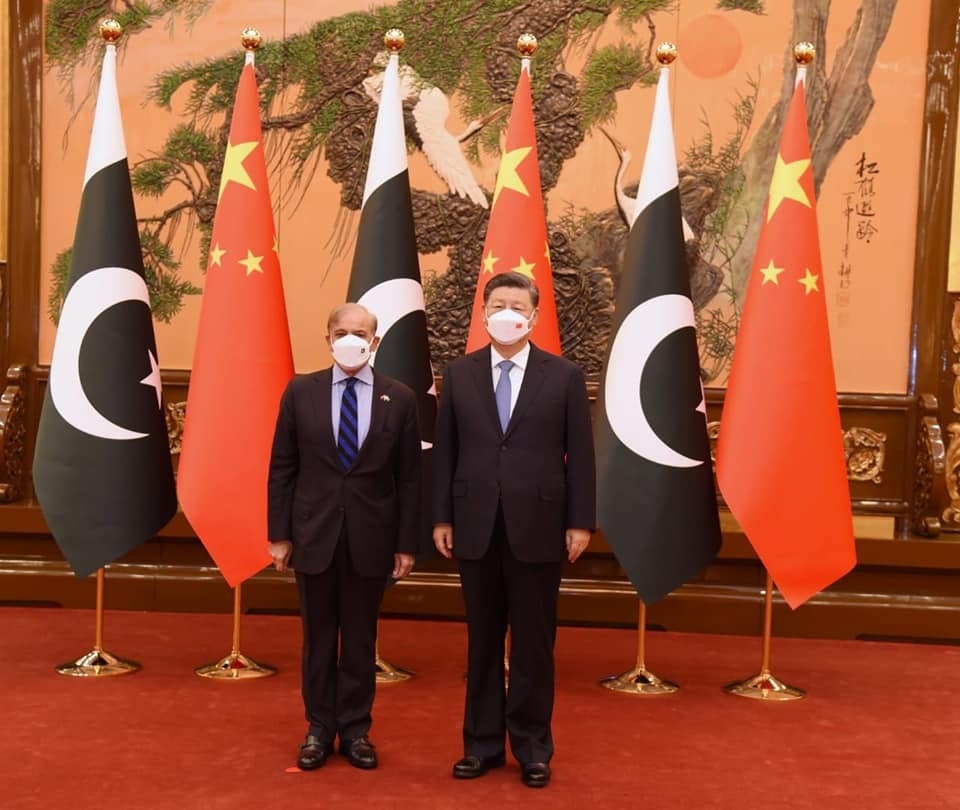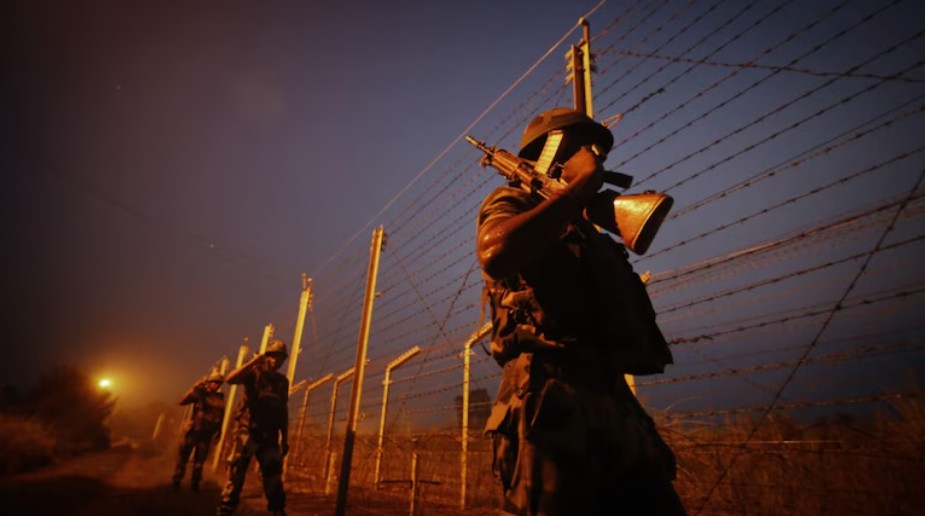The Pahalgam massacre is not just an act of terror; it is a strategic message. It exposes how Pakistan, increasingly beholden to China, is being used as a tool to undermine India’s regional stability….reports Asian Lite News
The April 2025 terror attack in Pahalgam, which claimed the lives of 26 tourists in Jammu and Kashmir, has reignited concerns over the real drivers of violence in the region.
While Pakistan-based groups like Lashkar-e-Taiba (LeT) and their handlers in the Inter-Services Intelligence (ISI) are directly implicated, the broader geopolitical landscape suggests a deeper, more strategic hand at play — China,Khalsa Vox reported, Increasingly, Pakistan appears to be operating as Beijing’s proxy, serving Chinese interests under the guise of local conflict.

Pakistan’s Waning Autonomy
According to Khalsa Vox report, Pakistan’s declining economy and weakened military have left it heavily dependent on Chinese support. With limited conventional military capability, Islamabad leans on irregular tactics — including backing terror outfits — to exert pressure in Kashmir. Intelligence sources indicate that the Pahalgam attackers received advanced training from Pakistan’s elite Special Service Group, reinforcing the role of the state in nurturing such operations.
Howver, Pakistan’s room for independent action is rapidly shrinking. With the $60 billion China-Pakistan Economic Corridor (CPEC) running through contested territory, and the bulk of Pakistan’s arms imports now sourced from China, Beijing holds a firm grip over Pakistan’s strategic direction. The dependency goes beyond hardware; it encompasses economic survival and international diplomatic shielding.

China’s Strategic Calculus
China’s support for Pakistan is not altruistic. It is a calculated strategy aimed at keeping India distracted and regionally constrained. Reports suggest the use of Chinese-developed encrypted apps by militants involved in the Pahalgam attack, indicating a degree of technical collaboration. China has also repeatedly blocked international sanctions against Pakistan-based terror groups and used its diplomatic clout to deflect global scrutiny.
Official Chinese narratives often mirror Islamabad’s, with state media and diplomats echoing Pakistan’s calls for “neutral investigations” and questioning India’s evidence — a pattern seen after several cross-border incidents. These moves are not isolated; they reflect China’s vested interest in prolonging instability in Kashmir, especially as CPEC infrastructure passes through disputed areas like Gilgit-Baltistan.

The Evolution of Proxy Warfare
Proxy conflict in Kashmir is not new, but the scale and sophistication of China’s involvement mark a dangerous evolution. In the past, Pakistan’s use of militant groups was framed as an asymmetric response to India’s military dominance. Today, Beijing’s backing — through arms, technology, and diplomatic cover — provides Islamabad the means to sustain its proxy war even in the face of economic collapse.
Individuals tied to the Pahalgam attack, including former members of Pakistan’s special forces, further confirm the continued military-terror nexus. Investigations have revealed digital footprints, logistical coordination, and safe houses linked to ISI handlers.
The Pahalgam massacre is not just an act of terror; it is a strategic message. It exposes how Pakistan, increasingly beholden to China, is being used as a tool to undermine India’s regional stability. As Islamabad’s financial and military vulnerabilities deepen, its reliance on Beijing — and its willingness to act in China’s interest — is only likely to grow. Future attacks, sadly, may be less about Kashmir and more about containing India’s rise on the global stage.














